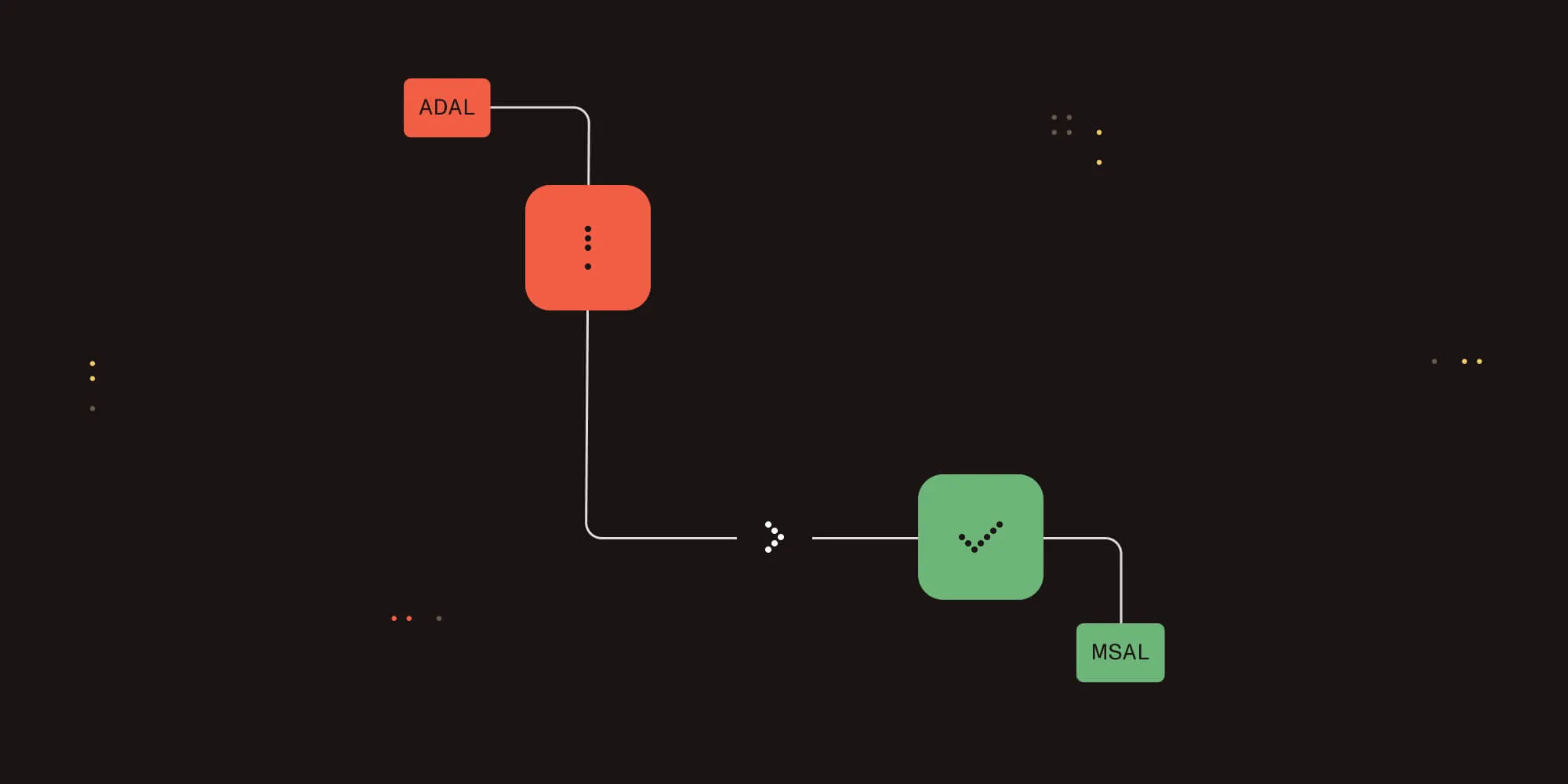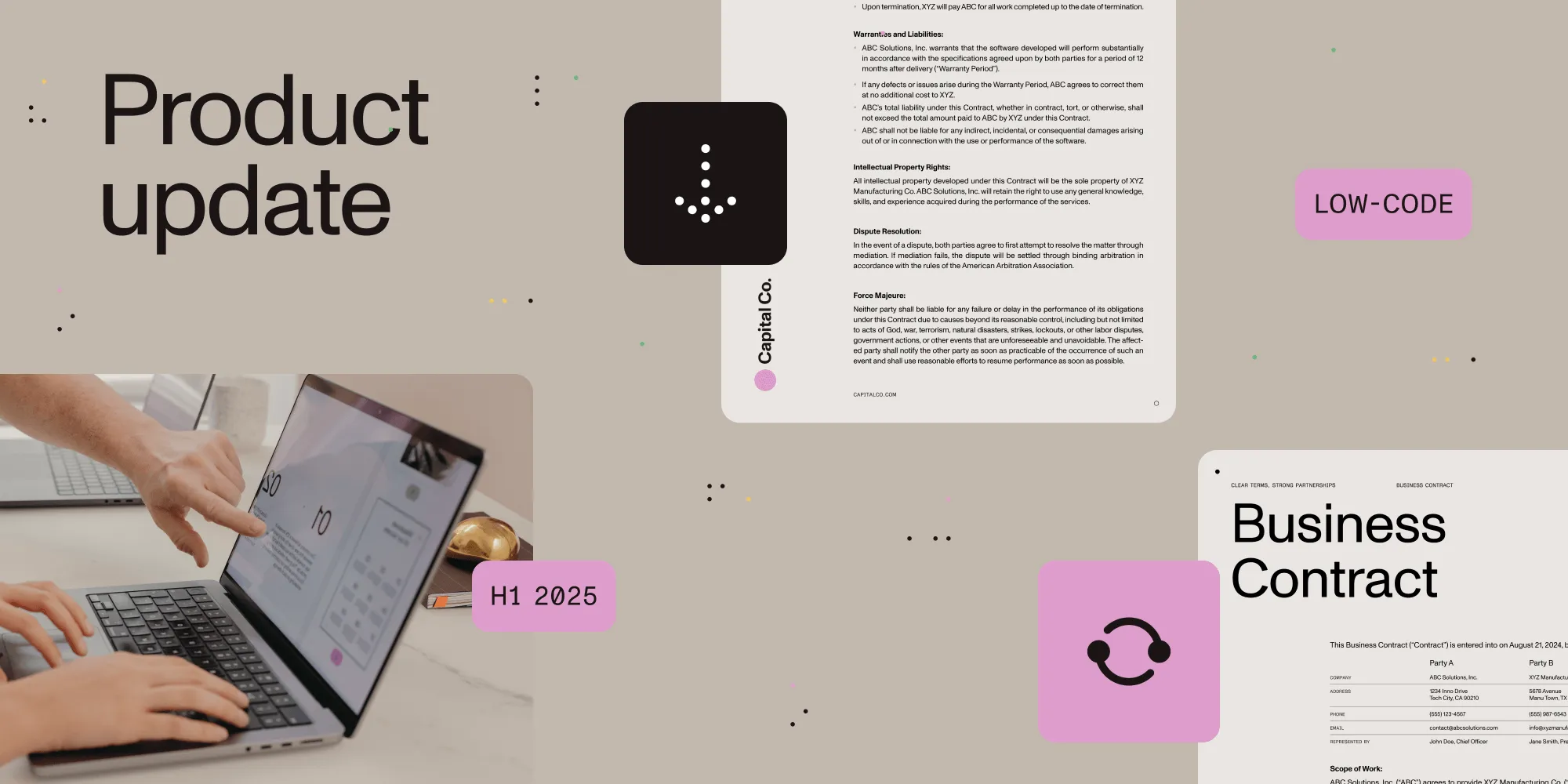How to OCR Images & Scanned PDFs using C#
Table of contents

As of version 7.1 Muhimbi’s range of PDF Conversion products offers support for Optical Character Recognition (OCR). Similar to all other functionality provided by our products, this new OCR facility can be used using our friendly Web Services Interface as well as our SharePoint Designer and Nintex Workflow Actions.
In this post we’ll provide a simple .NET sample that invokes our Web Services interface(opens in a new tab) to make an image based PDF fully searchable. The code is nearly identical to the code to convert and watermark a simple MS-Word file with the following exceptions:
- The code looks for PDF source files (an image based PDF is included in the downloadable sample code).
- The conversionSettings.OCRSettings property is populated with relevant OCR settings such as the language.
- The client.ProcessChanges() method is invoked rather than client.Convert().
- All references to watermarks have been removed as they are not part of this sample.
You can apply the same changes to the PHP and Ruby samples to make it do the same using those languages. A separate Java based OCR sample is available here.
Sample Code
Listed below is sample code to carry out OCR processing. You can either copy the code from this blog post, download the Visual Studio Project(opens in a new tab) or open the project from the Sample Code folder in the Windows Start Menu.
The sample code expects the path of the source PDF file on the command line. If the path is omitted then the first PDF file found in the current directory will be used.
Download and install version 7.1 of the Muhimbi PDF Converter Services(opens in a new tab) or PDF Converter for SharePoint(opens in a new tab).
Create a new Visual Studio C# Console application named OCR_PDF.
Add a Service Reference to the following URL and specify ConversionService as the namespace. If you are developing on a remote system (a system that doesn’t run the Muhimbi Conversion Service) then please see this Knowledge Base Article.
https://localhost:41734/Muhimbi.DocumentConverter.WebService/?wsdl
Paste the following code into Program.cs.
using System;using System.Diagnostics;using System.IO;using System.ServiceModel;using OCR_PDF.ConversionService;namespace OCR_PDF{class Program{//** !!!!!!!!!!!!!!!!!!!!!!!!!!!!!!!!!!!!!!!!!!!!!!!!!!!!!!!!!!!!!!!!!!!!!!!!!! **//** This code sample is identical to a normal conversion request except for **//** the part marked with "OCR OCR OCR". For more information see **//** /blog/ocr-facilities-provided-by-muhimbis-server-based-pdf-conversion-products/ **//** !!!!!!!!!!!!!!!!!!!!!!!!!!!!!!!!!!!!!!!!!!!!!!!!!!!!!!!!!!!!!!!!!!!!!!!!!! **// ** The URL where the Web Service is located. Amend host name if needed.static string SERVICE_URL = "https://localhost:41734/Muhimbi.DocumentConverter.WebService/";static void Main(string[] args){DocumentConverterServiceClient client = null;try{// ** Delete any processed files from a previous runforeach (FileInfo f in new DirectoryInfo(".").GetFiles("*_ocr.pdf"))f.Delete();// ** Determine the source file and read it into a byte array.string sourceFileName = null;if (args.Length == 0){// ** If nothing is specified then read the first PDF file from the folder.string[] sourceFiles = Directory.GetFiles(Directory.GetCurrentDirectory(),"*.pdf");if (sourceFiles.Length > 0)sourceFileName = sourceFiles[0];else{Console.WriteLine("Please specify a document to OCR.");Console.ReadKey();return;}}elsesourceFileName = args[0];byte[] sourceFile = File.ReadAllBytes(sourceFileName);// ** Open the service and configure the bindingsclient = OpenService(SERVICE_URL);//** Set the absolute minimum open optionsOpenOptions openOptions = new OpenOptions();openOptions.OriginalFileName = Path.GetFileName(sourceFileName);openOptions.FileExtension = Path.GetExtension(sourceFileName);// ** Set the absolute minimum conversion settings.ConversionSettings conversionSettings = new ConversionSettings();// ** OCR OCR OCR OCR OCR OCR OCR OCR OCR OCR OCR OCR OCR OCR OCROCRSettings ocr = new OCRSettings();ocr.Language = OCRLanguage.English.ToString();ocr.Performance = OCRPerformance.Slow;ocr.WhiteList = string.Empty;ocr.BlackList = string.Empty;conversionSettings.OCRSettings = ocr;// ** OCR OCR OCR OCR OCR OCR OCR OCR OCR OCR OCR OCR OCR OCR OCR// ** Carry out the conversion.Console.WriteLine("Processing file " + sourceFileName + ".");byte[] convFile = client.ProcessChanges(sourceFile, openOptions,conversionSettings);// ** Write the processed file back to the file system with a PDF extension.string destinationFileName = Path.GetFileNameWithoutExtension(sourceFileName)+ "_ocr.pdf";using (FileStream fs = File.Create(destinationFileName)){fs.Write(convFile, 0, convFile.Length);fs.Close();}Console.WriteLine("File written to " + destinationFileName);// ** Open the generated PDF file in a PDF ReaderConsole.WriteLine("Launching file in PDF Reader");Process.Start(destinationFileName);}catch (FaultException<WebServiceFaultException> ex){Console.WriteLine("FaultException occurred: ExceptionType: " +ex.Detail.ExceptionType.ToString());}catch (Exception ex){Console.WriteLine(ex.ToString());}finally{CloseService(client);}Console.ReadKey();}/// <summary>/// Configure the Bindings, endpoints and open the service using the specified address./// </summary>/// <returns>An instance of the Web Service.</returns>public static DocumentConverterServiceClient OpenService(string address){DocumentConverterServiceClient client = null;try{BasicHttpBinding binding = new BasicHttpBinding();// ** Use standard Windows Security.binding.Security.Mode = BasicHttpSecurityMode.TransportCredentialOnly;binding.Security.Transport.ClientCredentialType =HttpClientCredentialType.Windows;// ** Increase the client Timeout to deal with (very) long running requests.binding.SendTimeout = TimeSpan.FromMinutes(30);binding.ReceiveTimeout = TimeSpan.FromMinutes(30);// ** Set the maximum document size to 50MBbinding.MaxReceivedMessageSize = 50 * 1024 * 1024;binding.ReaderQuotas.MaxArrayLength = 50 * 1024 * 1024;binding.ReaderQuotas.MaxStringContentLength = 50 * 1024 * 1024;// ** Specify an identity (any identity) in order to get it past .net3.5 sp1EndpointIdentity epi = EndpointIdentity.CreateUpnIdentity("unknown");EndpointAddress epa = new EndpointAddress(new Uri(address), epi);client = new DocumentConverterServiceClient(binding, epa);client.Open();return client;}catch (Exception){CloseService(client);throw;}}/// <summary>/// Check if the client is open and then close it./// </summary>/// <param name="client">The client to close</param>public static void CloseService(DocumentConverterServiceClient client){if (client != null && client.State == CommunicationState.Opened)client.Close();}}}Make sure the output folder contains an image based PDF (e.g. a scan).
Compile and execute the application. The processed PDF file will automatically be opened in your system’s PDF reader. Try using your PDF Reader’s search facility to find and highlight the OCRed text.
As all this functionality is exposed via a Web Services interface, it works equally well from Java, PHP, Ruby and other web services enabled environments. Please note that you need the OCR & PDF/A Archiving add-on license in addition to a valid PDF Converter for SharePoint or PDF Converter Services License in order to use this functionality.
This code is merely an example of what is possible, feel free to adapt it to you own needs. The possibilities are endless.
Any questions or remarks? Leave a message in the comments below or contact us(opens in a new tab).







